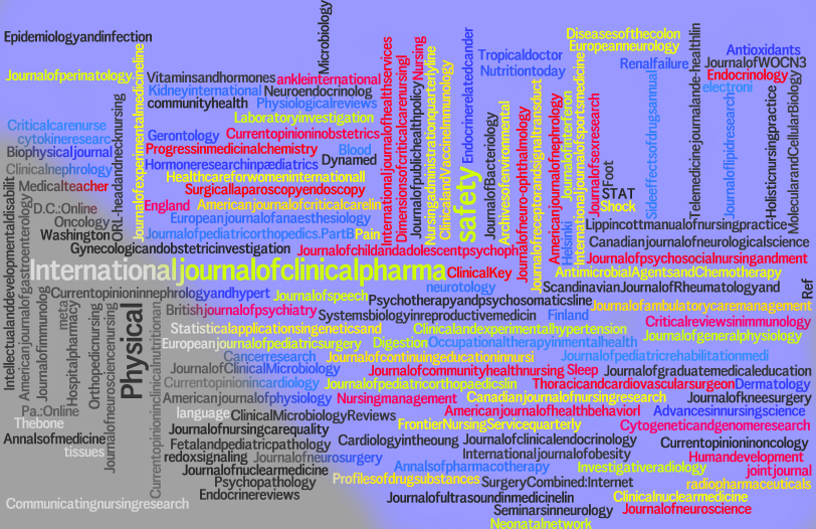Negotiations have been completed with Wiley, Springer, Sage and Elsevier on the journal packages that we license with these publishers, reducing our total spend by $550,000, which will be applied to the $1.2 shortfall in the MU Libraries collections budget. The cancellation decisions were informed by usage, cost, and user feedback.
As previously noted, these cuts are in addition to the $150,000 cuts already made from the Health Sciences Library resource budget.
Delayed access
As a result of these cuts, instant article access will not be available for these health sciences titles from Wiley, Springer and Sage. While we will retain online access to back issues for the cancelled titles, articles from 2017 forward will need to be requested via Interlibrary loan. Most articles arrive within two business days.
Alternate online access
Despite being removed from their respective packages, we will maintain complete online access to current issues for the following titles through alternate routes:
Clinical Rehabilitation (Sage)
Journal of Law, Medicine and Ethics (Wiley)
Pay more, keep less
Instant access will be maintained to all of the Elsevier titles. However, in order to balance the budget, 90 titles, amounting to about $300,000 in subscriptions, are being converted from purchase to rental access. Seven of these titles are health sciences journals.
Despite the loss of permanent archival access to articles in these 90 journals from 2017 forward, the total cost of the Elsevier package is still over $1 million dollars a year, and will continue to increase by $50,000+ per year for each of the next 3 years under the terms of the new contract.
We will be reviewing our Oxford University and University of Chicago journal packages during the spring semester of 2017 as steps towards preparing for an anticipated cancellation process in FY2018.
These cuts are especially difficult for us in the Health Sciences realm, since prior to this reduction our collections spending lagged a half of a million dollars below our peer health sciences libraries, and was only about one half the amount our aspirational peer health sciences libraries have available to spend on their collections.
Cuts this deep will undoubtedly be felt. We will continue to monitor usage and impact, and to address collection needs to the extent that our budget allows.
